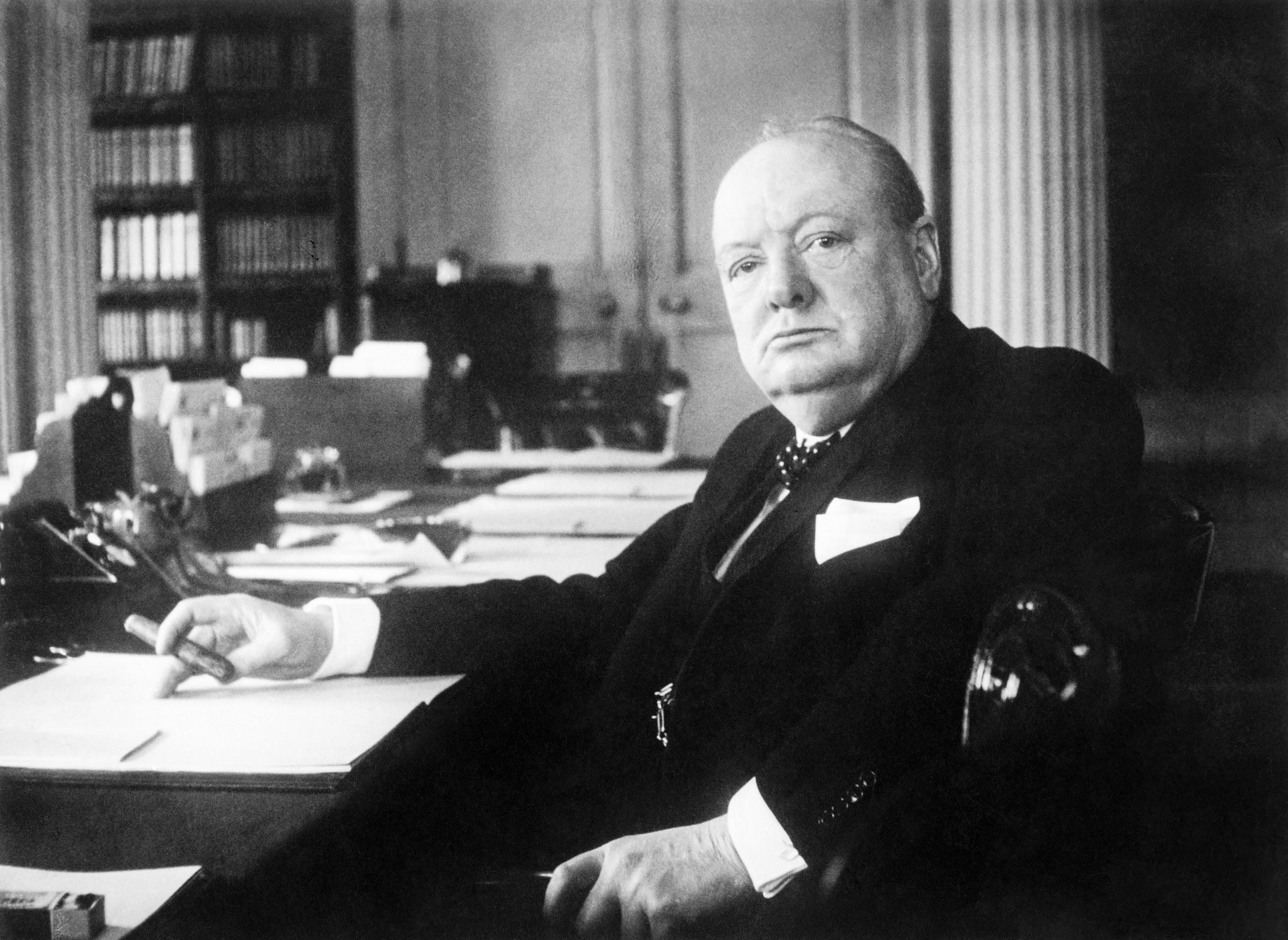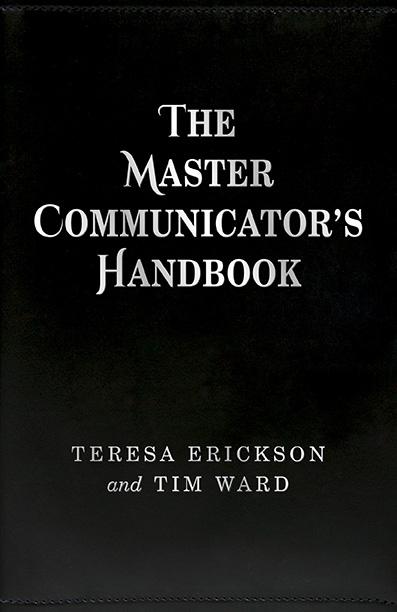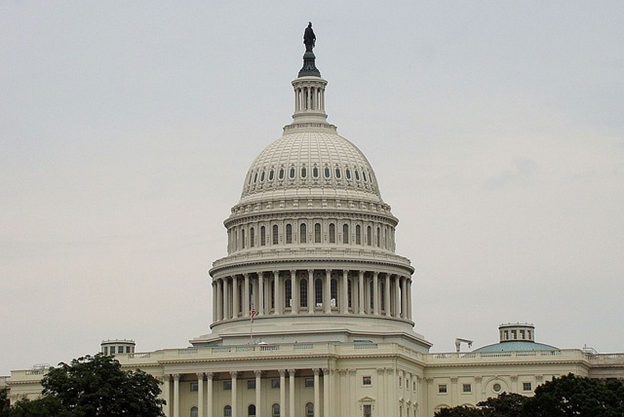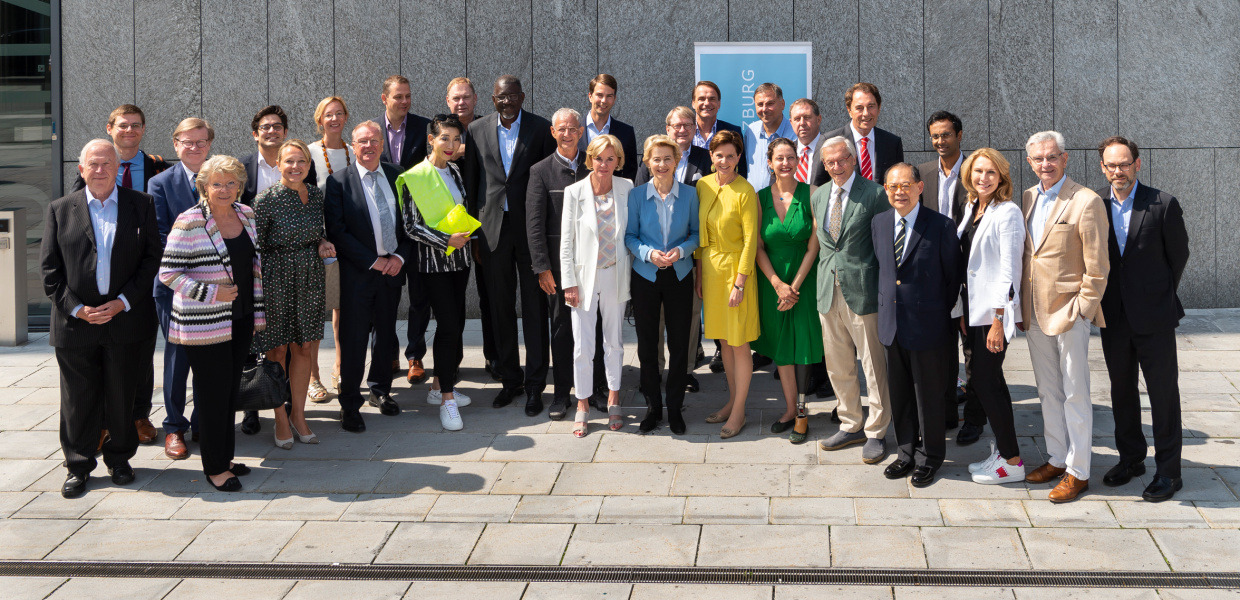
The President-Elect of the EU Commission Ursula van der Leyen, the Austrian Chancellor Brigitte Bierlein, the International Red Cross/Red Crescent Secretary Genera Elhadj As Syl, the CEO of Penguin Random House Markus Dohle, billionaire philanthropist and Chair of Bertelsmann Management Group Liz Mohn, and two dozen other high-profile global elites joined me as participants at Trilogue Salzburg. This yearly event is described by its organizers as follows:
Surrounded by the stimulating atmosphere of the Salzburg Festival, the Trilogue Salzburg convenes leading thinkers, decision-makers and renowned personalities from the arts, civil society, business and politics to engage in cross-cutting, inter-cultural and future-oriented debate.
Each year, the organizers of the conference choose a different future-oriented topic. This year, the topic was “Fragmented Realities – Regaining a Common Understanding of Truth.”
Indeed, this year did not disappoint. Full of prominent leaders – ranging from politicians and business leaders to nonprofit leaders and thought leaders – the conference featured extensive discussions of how to address misinformation and post-truth politics.
I was invited to attend and participate in a roundtable panel there. You can see me second from left in the back in the photo above, and also at 3:17 in this video
As the co-founder of the Pro-Truth Pledge project and President of the Board of Intentional Insights, which runs the pledge project, I’m also a prominent thought leader. I’m a social scientist who published substantial peer-reviewed research on how to effectively fight misinformation and post-truth politics, a public figure who wrote hundreds of articles and gave hundreds of interviews on this topic, and a best-selling author who wrote The Truth-Seeker’s Handbook: A Science-Based Guide.
What surprised me most at the event was the percentage of high-profile participants who lacked research-based perspectives on this topic. Conference attendees mostly advocated old-school approaches to addressing the lack of truth and trust in society, such as more education about misinformation and critical thinking. So I found myself at odds with most of the participants.
I pointed out that if such methods worked, we wouldn’t be in the bind that we are, and we wouldn’t need a conference on how to deal with this problem! Research has found that many forms of education about misinformation actually leads to the spread of misinformation. Even the typical ways that journalists try to counteract misinformation can often backfire, causing people to hold more strongly to these myths. So do the ways health experts teach about health misinformation.
That’s why simply saying “we need more education” is a very, very bad idea: the traditional and intuitive way we teach about misinformation is often exactly the wrong thing to do. We need the right education – the specific type of education that research has found to not spread misinformation – which is not what is usually taught! Global elites taking part in the conference can make a meaningful difference in improving education.
Several participants made the claim that the recent wave of misinformation resulted from economic inequality between the rich and poor. In their view, such inequality led to the poor being more willing to believe misinformation. Yet measures of inequality haven’t changed much between 2000 and today, while misinformation has become much more powerful and prevalent in the last few years.
Instead, the key difference is the astronomically quick growth of social media as the source from which people get their news, and the prevalence of misinformation on social media, since tech companies aren’t doing much to filter out fake news. The global elites who attended the conference have the power to address the inaction of tech companies, and indeed some conference attendees are already starting to do so.
Hopefully, some of the research-based perspectives shared by myself and a couple of other participants familiar with cutting-edge research in cognitive neuroscience and behavioral economics on promoting ethical and truthful behavior will make some impact. I shared some of the points about education and many other topics informed by my scholarship and writing.
Another example. One of the other attendees was Dhruv Ghulati, co-founder of Factmata, who personally signed the pledge and whose organization signed it as well. He discussed the need to reward – financially and otherwise – high-quality journalism, instead of the current financial incentives rewarding click-baity journalism. Providing financial incentives for such journalism is the essence of Factmata.
Most exciting of all, Pro-Truth Pledge donors gathered sufficient funding to make an early, pre-release run of my forthcoming book co-written with Tim Ward, called Pro Truth: A Practical Plan for Putting Truth Back Into Politics, available for pre-order here.
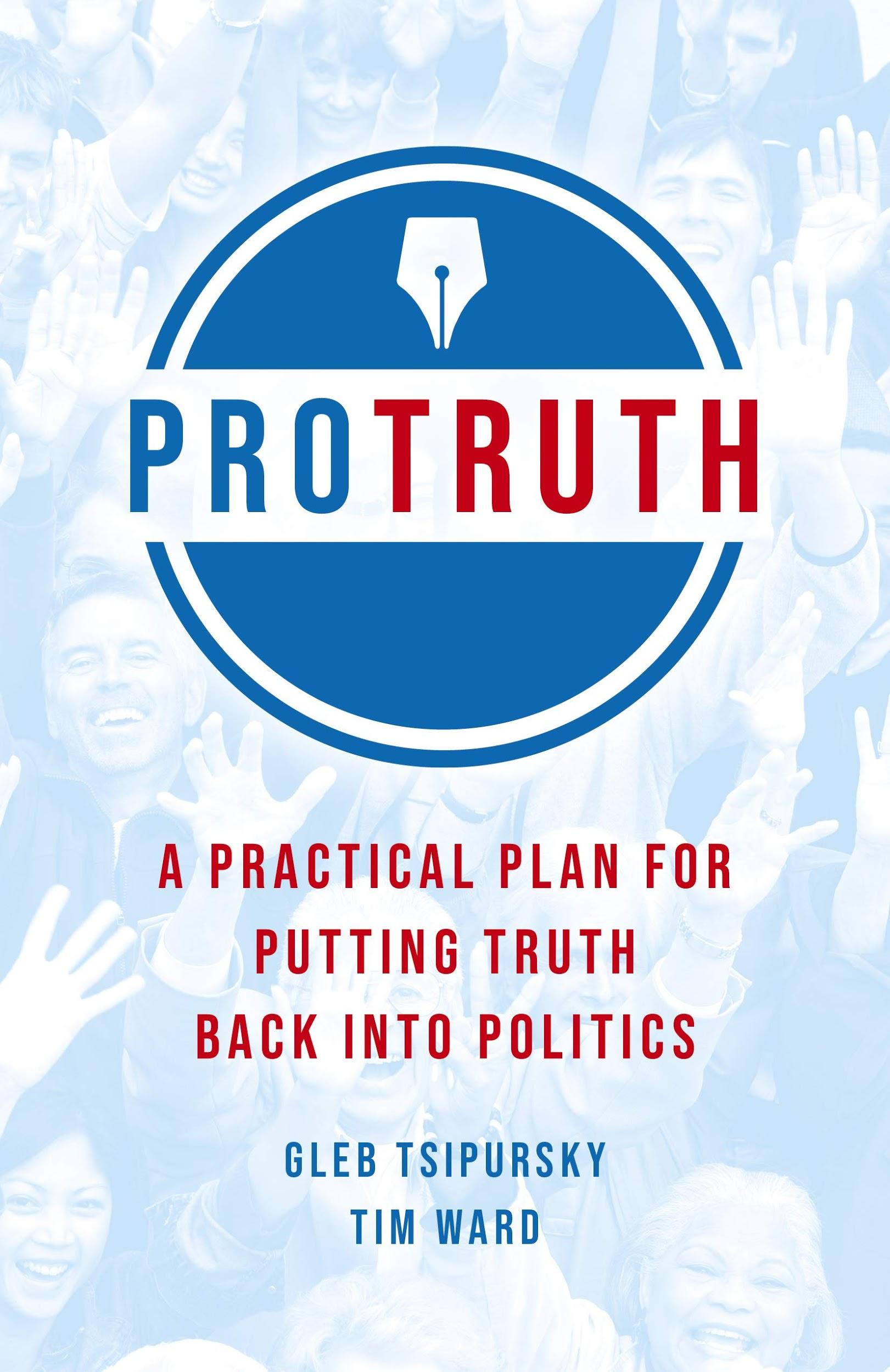
The book describes how we can turn back the tide of post-truth politics, fake news, and misinformation that is devastating our democracy through the Pro-Truth Movement: a movement which has already begun, and is making a tangible impact. I was able to make personal, signed gifts of copies of the book to 23 out of 30 conference attendees. My hope is that it will make a real difference to the fight against misinformation to have such high-profile people read this book. My gratitude to the donors who helped make it happen!
Remember that it’s your activism around the Pro-Truth Pledge – from the smallest and most easy-to-do things like spreading word on social media, to more in-depth volunteering, to your financial contributions which enabled me to make the trip – that make this sort of impact on top world leaders possible. So please keep supporting the pledge, by promoting it to your social network, by investing your time, and investing your money, to fight the wave of misinformation and post-truth politics that may drown democracies in the US and around the world without your help!
P.S. Don’t forget to pre-order the book now!

